حول المبادرة
تجمع “المبادرة العالمية للعدالة و الحقيقة و المصالحة” بين مناصرين و نشطاء و ممارسين من تسع منظمات عالمية تتمتع بالخبرة في العديد من المجالات، مثل الدعم النفسي و الاجتماعي و التوثيق و الطب الشرعي و القانون. و يعمل هؤلاء معًا لمساعدة المجتمعات المنخرطة في النزاعات، أو الخارجة منها، على خلق مستقبل يسوده العدل و السلام.
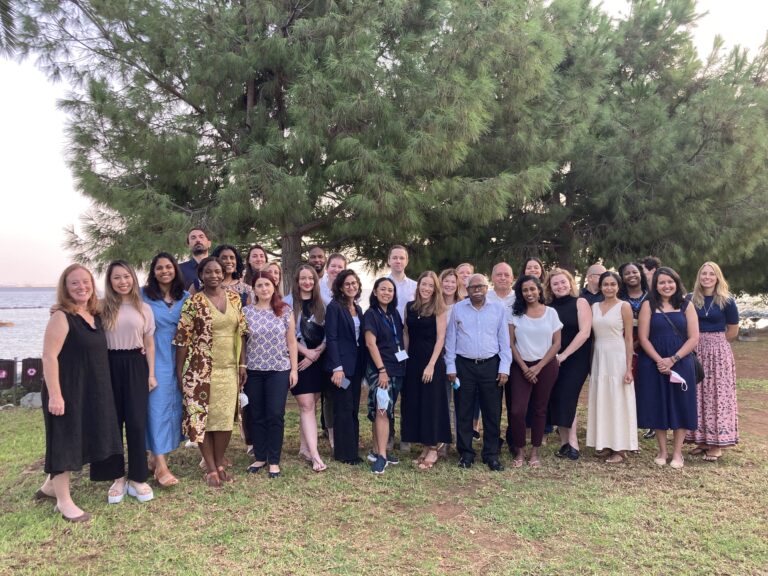
إن السلام الحقيقي في البلدان الساعية إلى التصالح مع ماضيها العنيف لا يمكن أن يترسخ ما لم تقم جميع شرائح المجتمع – لا سيما الفئات المهمشة مثل النساء و الأقليات و الناجين – بلعب دور مركزي في إعادة بناء بلدانها. و لكن حتى هذا اليوم فشلت العديد من نماذج العدالة الانتقالية في إشراك هذه الفئات الحيوية من المجتمع بشكل حقيقي أو فعال، حيث أنها رجّحت الإجراءات العمودية، من القمة إلى القاعدة، و التي تعطي الأولوية لتجارب و آراء أولئك الذين يتربعون على كراسي السلطة.
و لتصحيح هذا الخطأ، تأسّست المبادرة العالمية للعدالة و الحقيقة و المصالحة في عام 2014 على يد التحالف الدولي لمواقع الضمير، و هو شبكة تضم أكثر من 300 موقع تاريخي و متحف و مبادرة للذاكرة في 65 دولة. هذه الشبكة مكرّسة لربط نضالات الماضي بالحركات المعاصرة لتحقيق العدالة الاجتماعية. و قد أعرب أعضاء التحالف الدولي لمواقع الضمير أنفسهم، و لا سيما في أفريقيا، و آسيا، و منطقة الشرق الأوسط و شمال أفريقيا، أعربوا بشكل متزايد عن الحاجة إلى تضافر الجهود الشعبية للحقيقة و العدالة و المصالحة لدعم عمليات العدالة الانتقالية الوطنية. و نظرًا للخبرة التي يتمتع بها في مجال الذاكرة و تخليد الذكرى، استجاب التحالف الدولي لمواقع الضمير عبر استقطاب ثماني منظمات عالمية إضافية، ملتزمة بتعزيز السلام العادل و المستدام في البلدان التي تمر بمرحلة انتقالية عبر إشراك منظمات المجتمع المدني المحلية، و الناجين و الحكومات بطريقة تشاركية، و شاملة و كاملة. هذه المنظمات التي تم اختيارها لتنوعها الجغرافي، إضافة إلى ما تمتلكه من خبرات واسعة، هي نفسها تشكل المبادرة العالمية للعدالة و الحقيقة و المصالحة.
و منذ إطلاقها في عام 2014، و بدعم من مواقع الضمير في جميع أنحاء العالم، عملت المبادرة العالمية للعدالة و الحقيقة و المصالحة مع شركاء في 60 دولة، و رعت أكثر من 240 مشروعًا شعبيًا و أشركت أكثر من 560 منظمة محلية من منظمات المجتمع المدني في مساعدة الناس البسطاء في توثيق ما مروا به من تجارب أثناء النزاع، و تشكيل عمليات العدالة الانتقالية الرسمية في بلدانهم، و تعزيز التعافي بين المجتمعات المنقسمة منذ زمن بعيد. لمزيد من المعلومات حول شركاء المبادرة العالمية للعدالة و الحقيقة و المصالحة، انظر أدناه.
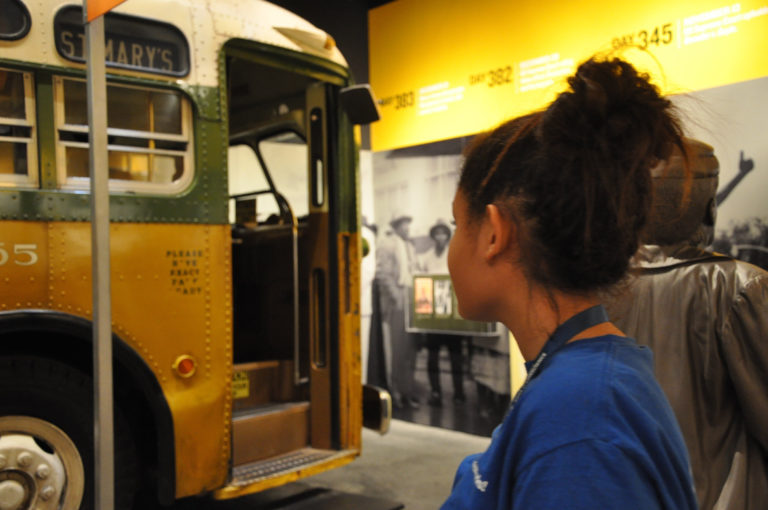
التحالف الدولي لمواقع الضمير (ICSC)
"التحالف الدولي لمواقع الضمير" هو الشبكة العالمية الوحيدة المكرسة لتحويل الأماكن التي تحفظ الماضي إلى مساحات من شأنها تعزيز العمل المدني. و يقوم التحالف الدولي لمواقع الضمير، و الذي يضم أكثر من 300 موقع للضمير في 65 دولة، بإشراك عشرات الملايين من الناس سنويًا في أخذ العبر من دروس التاريخ و الاستفادة منها في اتخاذ إجراءات ضد التحديات التي تواجه الديمقراطية و حقوق الإنسان اليوم.
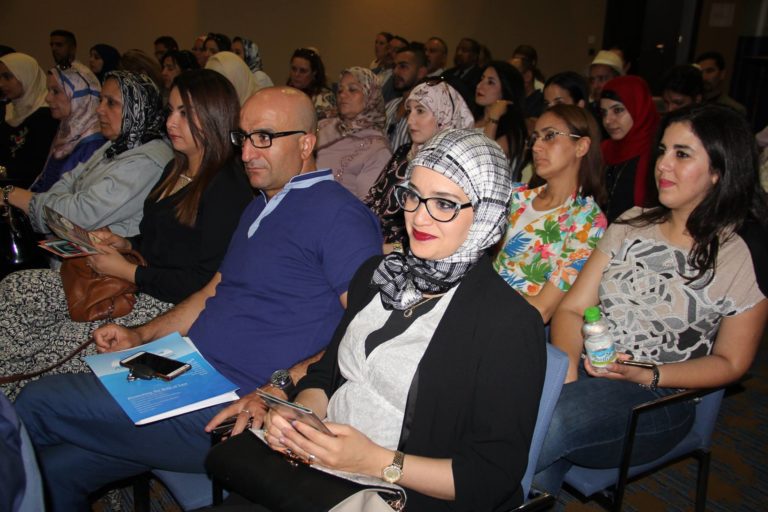
مبادرة سيادة القانون من نقابة المحامين الأمريكيين (ABA ROLI)
تسعى "مبادرة سيادة القانون من نقابة المحامين الأمريكيين" إلى تعزيز العدالة و الفرص الاقتصادية و الكرامة الإنسانية من خلال سيادة القانون. كما تعقد هذه المبادرة الشراكات مع الجهات الفاعلة في قطاع العدالة في أكثر من 50 دولة في سبيل تقوية المؤسسات القانونية و دعم رجال القانون؛ و تكريس احترام حقوق الإنسان و الوصول إلى العدالة؛ و دعم العدالة الانتقالية و بناء السلام و النهوض بالتنمية الاقتصادية الشاملة و المستدامة.
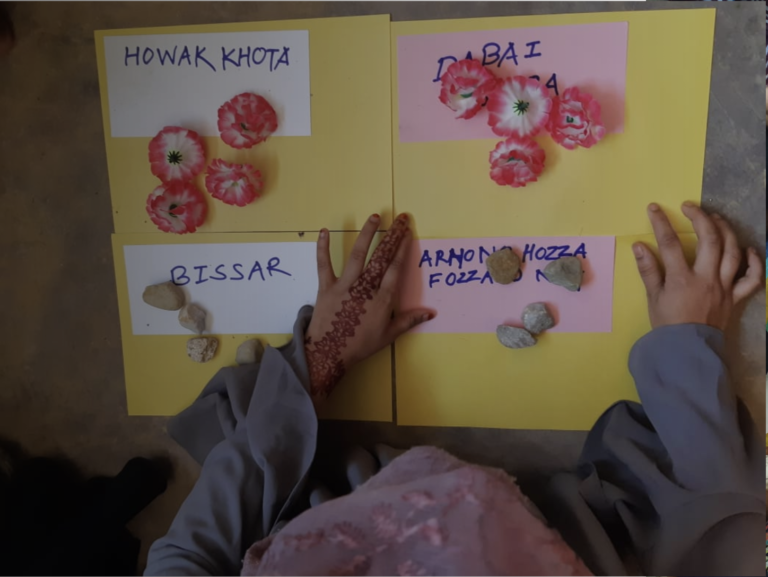
آسيا للعدالة و الحقوق (AJAR)
تعمل منظمة "آسيا للعدالة و الحقوق" على تعزيز المساءلة و حقوق الإنسان في منطقة آسيا و المحيط الهادئ. فمن خلال تركيزها على البلدان المنخرطة في الانتقال من سياق الانتهاكات الجماعية لحقوق الإنسان إلى الديمقراطية، تسعى المنظمة جاهدة لبناء ثقافات تقوم على المساءلة و العدالة و الرغبة في التعلم من الأسباب الجذرية للانتهاكات الجماعية لحقوق الإنسان.

مركز دراسة العنف و المصالحة (CSVS)
يهدف "مركز دراسة العنف و المصالحة" الذي تأسس في 1989 إلى فهم و منع الأسباب الجذرية للعنف بجميع أشكاله و معالجة عواقبه من أجل بناء السلام و تحقيق المصالحة المستدامة في جنوب أفريقيا و في جميع أرجاء القارة الأفريقية. و يعالج العمل الذي يقوم به المركز مجموعة واسعة من أشكال العنف و النزاع، في الماضي و الحاضر، بما في ذلك العنف الإجرامي و السياسي و الجماعي و المنزلي و الجنساني، بالإضافة إلى العنف ضد الأطفال.
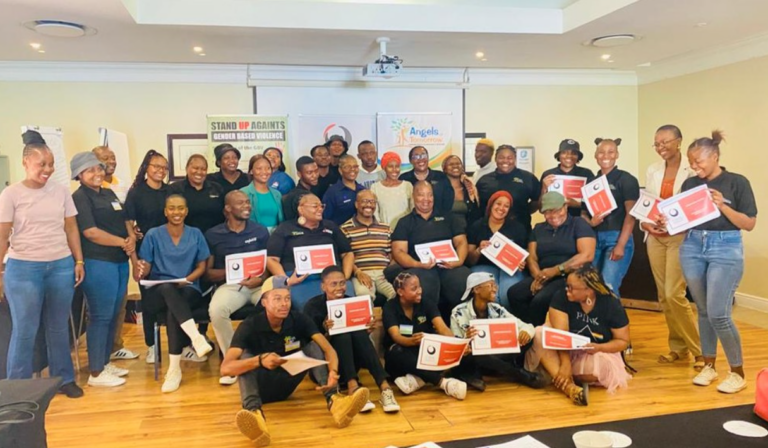
مركز التوثيق في كمبوديا (DC-CAM)
"مركز التوثيق في كمبوديا" هو منظمة غير حزبية مكرّسة لتوثيق الإبادة الجماعية التي ارتكبها نظام الخمير الحمر. و يهدف المركز من خلال عمله التوثيقي إلى حفظ المواد التي من شأنها أن تدعم أولئك الذين يسعون إلى المساءلة، كما يتولى القيام بأنشطة العدالة الانتقالية في جميع أنحاء كمبوديا. و يضطلع المركز تحديدًا بدور قيادي تمثل في تزويد الدوائر الاستثنائية في محاكم كمبوديا بوثائق إثبات و شهادات لناجين من عهد الخمير الحمر.
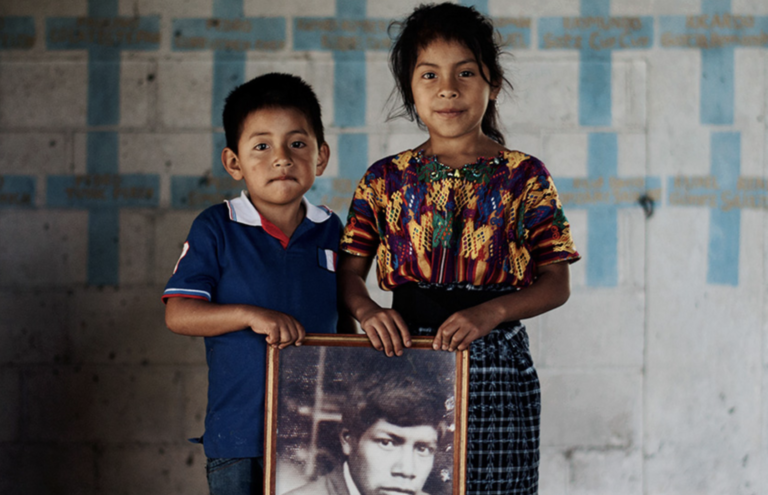
مؤسسة الإجراءات القانونية الواجبة (DPLF)
"مؤسسة الإجراءات القانونية الواجبة" هي منظمة إقليمية تتخذ من العاصمة الأمريكية واشنطن مقرًا لها. و هي تتألف من مجموعة من المهنيين المتعددي الجنسية، و الذين تتمثل مهمتهم في تعزيز سيادة القانون و احترام حقوق الإنسان في أمريكا اللاتينية. و يركز عمل المؤسسة على تعزيز استقلال القضاء، و مكافحة الإفلات من العقاب، و احترام الحقوق الأساسية في إطار استخراج الثروات الطبيعية؛ حيث تعدّ هذه القضايا من بين القضايا التي تمثل التحدي الأكبر اليوم أمام أنظمة العدالة الوطنية في المنطقة.
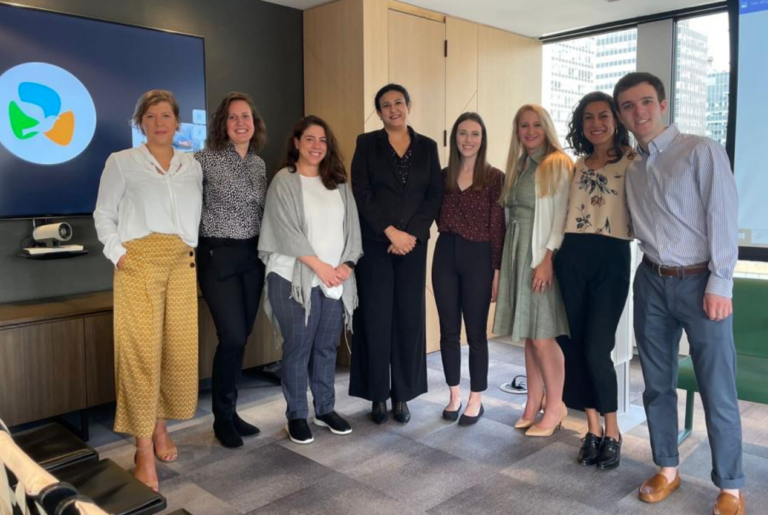
مؤسسة أنثروبولوجيا الطب الشرعي في غواتيمالا (FAFG)
تقوم "مؤسسة أنثروبولوجيا الطب الشرعي في غواتيمالا" بتطبيق مناهج علمية مبنية على الطب الشرعي خلال التحقيقات في ملابسات و أماكن و هوية الأشخاص المفقودين و المختفين، و ذلك في سبيل إيصال الحقيقة إلى الضحايا و عائلاتهم، و المساعدة في البحث عن العدالة و الإنصاف، و تعزيز سيادة القانون. كما تجري المؤسسة التحقيقات من خلال منهج محلي يركز على الضحايا في مجالات مثل العدالة الانتقالية، و المهاجرين المفقودين، و تحديد هوية ضحايا الكوارث و أمن المواطنين.
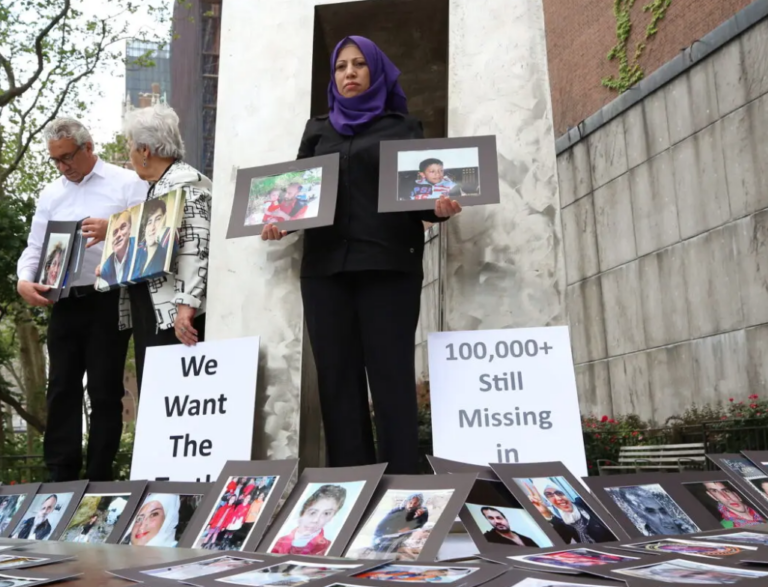
مركز القانون الإنساني (HLC)
يقوم "مركز القانون الإنساني" بتوثيق جرائم الحرب و انتهاكات حقوق الإنسان التي ارتكبت خلال نزاعات يوغوسلافيا السابقة منذ عام 1992، و هو يعتبر اليوم أكبر مركز توثيق للجرائم التي ارتكبت خلال تلك الحروب. يحتوي المركز على قاعدة بيانات لجرائم الحرب و الانتهاكات السابقة لحقوق الإنسان تضم أكثر من 100000 مصدر رقمي، و توثيقات استخدمتها المحكمة الجنائية الدولية ليوغوسلافيا السابقة و محاكم أخرى في المنطقة خلال النظر في العديد من القضايا.
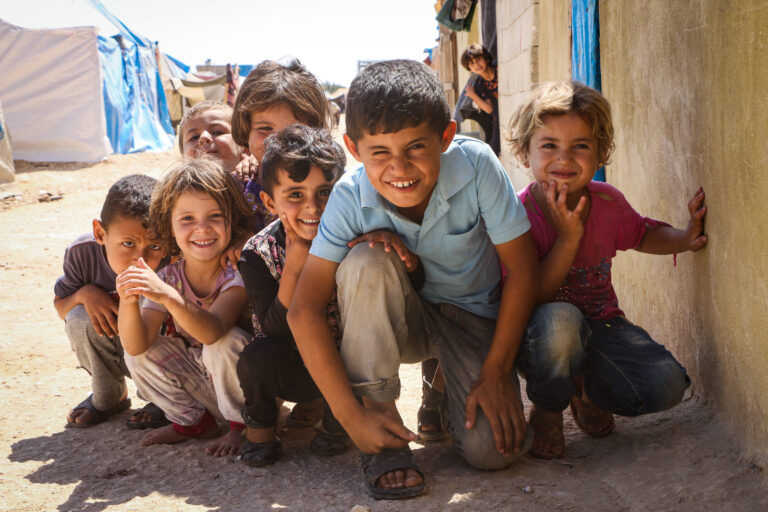
مجموعة السياسات و القانون الدولي العام (PILPG)
"مجموعة السياسات و القانون الدولي العام"، أحد المرشحين السابقين لجائزة نوبل للسلام لعام 2005، هي شركة محاماة عالمية تعمل من أجل الصالح العام من خلال تقديم المساعدة القانونية للحكومات و الكيانات الفرعية و مجموعات المجتمع المدني في جميع أنحاء العالم حول مفاوضات السلام، و صياغة دساتير ما بعد الصراع، و العدالة الانتقالية. و لتسهيل الاستفادة من هذه المساعدة القانونية، تقدم مجموعة السياسات و القانون الدولي العام أيضًا المشورة حول صياغة السياسات و التدريب على الأمور المتعلقة بحل النزاعات.

Lex Collective
Lex Collective is a US-based 501(c)(3) organization building a global legal community where interdisciplinary legal services are available to all people. Through transnational, hybrid legal teams, and in partnership with impacted communities, Lex Collective seeks to address the most extreme forms of social, racial, economic, and environmental injustice around the world. Lex Collective works in the following five Practice Groups: Banking & Atrocity Crimes; Environmental Crimes & Climate Crisis; Human Trafficking & Exploitation; Investigation & Litigation; and Sanctions. Through its work, Lex Collective focuses on: (1) knowledge sharing; (2) investigation and strategic litigation; and (3) advocacy and legal reform. Currently, Lex Collective has members in over 21 countries across five continents. The Practice Groups' work is focused on the following countries: Brazil, Sudan, Uganda, Cambodia, Singapore, Hong Kong, Ukraine, Russia, Moldova, Armenia, Palestine, the UK, Western Europe, and the US.

Search for Common Ground
Founded in 1982, Search for Common Ground (Search) is the world’s largest peacebuilding organization working to build healthy, safe, and just societies by addressing the root causes of conflict and promoting accountability, reconciliation, and human rights. Active in 33 countries across Africa, Asia, and the Middle East, with more than 900 employees, Search works with actors at all levels including grassroots organizations to top-level leaders to develop locally adapted responses to a wide range of issues. Through its peacebuilding work, Search has extensive experience supporting transitional justice processes. In Rwanda, Liberia, and Sierra Leone, Search provided transitional justice experts and leveraged its training modules, to introduce stakeholders to various approaches, lessons learned, and best practices from the field. Through its local presence and expertise, Search supports local dialogues among communities, facilitates civil society organization forums and advocacy, and supports direct action to address identified community needs related to key peace and conflict concerns. Search also promotes the rights of women and other marginalized groups in transitional justice processes, ensuring that women's voices are heard in peace negotiations and that their experiences of violence and discrimination are addressed in transitional justice mechanisms. Lastly, its media and trauma healing work enables them to bring together diverse stakeholders across dividing lines to build trust and understanding –which can lead to more inclusive and collaborative peace and justice processes.

Swisspeace Foundation
The Swiss Peace Foundation is a practice-research institute, associated to the University of Basel, advancing effective peacebuilding. Swisspeace is organized around thematic teams, consisting of researchers and practitioners: “Dealing with the Past (DwP)” supports governmental and non-governmental actors working to address the legacy of massive human rights violations and breaches of international humanitarian law having occurred in colonialism, armed conflict, and authoritarian regimes and to prevent their reoccurrence. Swisspeace also supports actors preparing for future DwP processes. “Mediation” provides support to mediation and dialogue processes, giving advice to mediators and conflict parties and running inclusion formats. “Statehood” focuses on state formation and state-building processes as well as governance frameworks, in conflict contexts. “Business” analyses how businesses invest in low-income and fragile countries; and advises companies and governments on responsible conduct. Additional teams work on “Policy & Platform,” “Gender” and “Digital Peacebuilding.” Swisspeace works in Asia (Afghanistan, Sri Lanka, Caucasus region, including Russia, Georgia and Armenia, Cambodia, Myanmar, and Philippines), Europe (Albania, Bosnia-Herzegovina, and Kosovo); Middle East and North Africa (Egypt, Syria, and Palestine/Israel); Africa (Cote d’Ivoire, Mali, Guinea, Liberia, Sierra Leone, Cameroon, South Sudan, Burundi, DRC, Rwanda, Uganda, Mozambique, Tanzania, and Angola) and Latin America (Guatemala, El Salvador, Honduras, Mexico, Peru, and Colombia).

Synergy for Justice
Synergy for Justice (Synergy) is a women-led, multidisciplinary team working to enhance justice and end impunity for torture, sexual violence, and human rights violations. In collaboration with partner organizations, Synergy ensures that survivors of torture and sexual violence can access justice, receive the care they need to heal, and fully participate in society. Synergy provides technical support to justice actors as they investigate, build, and prosecute cases to ensure accountability for crimes of torture and conflict-related sexual violence (CRSV). A key component of Synergy's work with justice actors and systems is helping them recognize and eliminate stigma related to sexual violence. Synergy’s Stigma Toolkit equips justice actors and systems to become survivor-centric, trauma-informed, and capable of delivering the predictable and rigorous justice necessary to end impunity for CRSV. Synergy also partners with grassroots organizations to help survivors access resources for healing and address the stigma of sexual violence and the embedded beliefs that prevent survivors from reconnecting with their families and communities. Synergy works with Syrian women activists and leaders, elevating Syrian women’s voices and increasing their engagement in truth, justice, and accountability processes to address the gendered experiences and impacts of human rights violations committed against Syrian women and girls.

Team for Egalitarian Emancipation and Transformation (TEGET)
Team for Egalitarian Emancipation and Transformation (TEGET) is an association established to support the development of civil society organizations dealing with the protection of human rights and gross human rights violations. The TEGET team members have built their experience and expertise on years of working worldwide with civil society organizations from various post-conflict backgrounds (Balkans, Iraq, Sudan, South Sudan, Guinea, Myanmar, and Colombia) and in different areas of transitional justice. The TEGET team activities are focused primarily on all aspects of documenting human rights violations, digital security, and the application of new technologies to various human rights processes. TEGET’s mission is to share and transfer knowledge and expertise to enable civil society organizations with fewer resources to operate in a more egalitarian civil society setting and, therefore, be more autonomous in their efforts to attain equality, liberation from injustice, to advocate for good governance and accountability, and promote positive and holistic social change. In addition to its core focus areas, TEGET remains flexible and responsive to emerging challenges and opportunities within the realm of human rights and transitional justice, adapting its support and interventions to address evolving needs and contexts.

VIDERE
Videre is a UK registered charity that works in closed and repressive societies, exposing mass violence and other gross violations of human rights by equipping persecuted and marginalized communities with tools, training, and technology to document abuses, demand accountability, and secure justice. Videre works directly with victim and survivor communities to verify and distribute this information to those who can best use it, including formal and informal transitional justice initiatives, courts, lawyers, policymakers, civil society, and the media. Videre brings technical expertise in gathering and verifying visual documentation of human rights violations in closed societies; providing training and support to victim and survivor communities on how to document safely and securely; how to capture verifiable visuals; supplying situation-specific technology and communications tools; and securely storing and distributing documentation to stakeholders. Videre has on-the-ground experience implementing its methodology in sub-Saharan Africa, the Middle East, and Southeast Asia, with an equity based methodology that can be applied globally. Its proven model harnesses the power of ground-sourced visuals to reveal the abuses faced by marginalized communities, using innovative strategies to gain measurable traction around accountability and justice actions, galvanizing disparate stakeholders into action, and increasing their ability to connect root causes and drivers of human rights abuses that are all too often viewed in isolation. Over the last decade and across three continents, these efforts have informed institutional agendas, buttressed the rule of law, and supported the drive for accountability in multiple fora.
